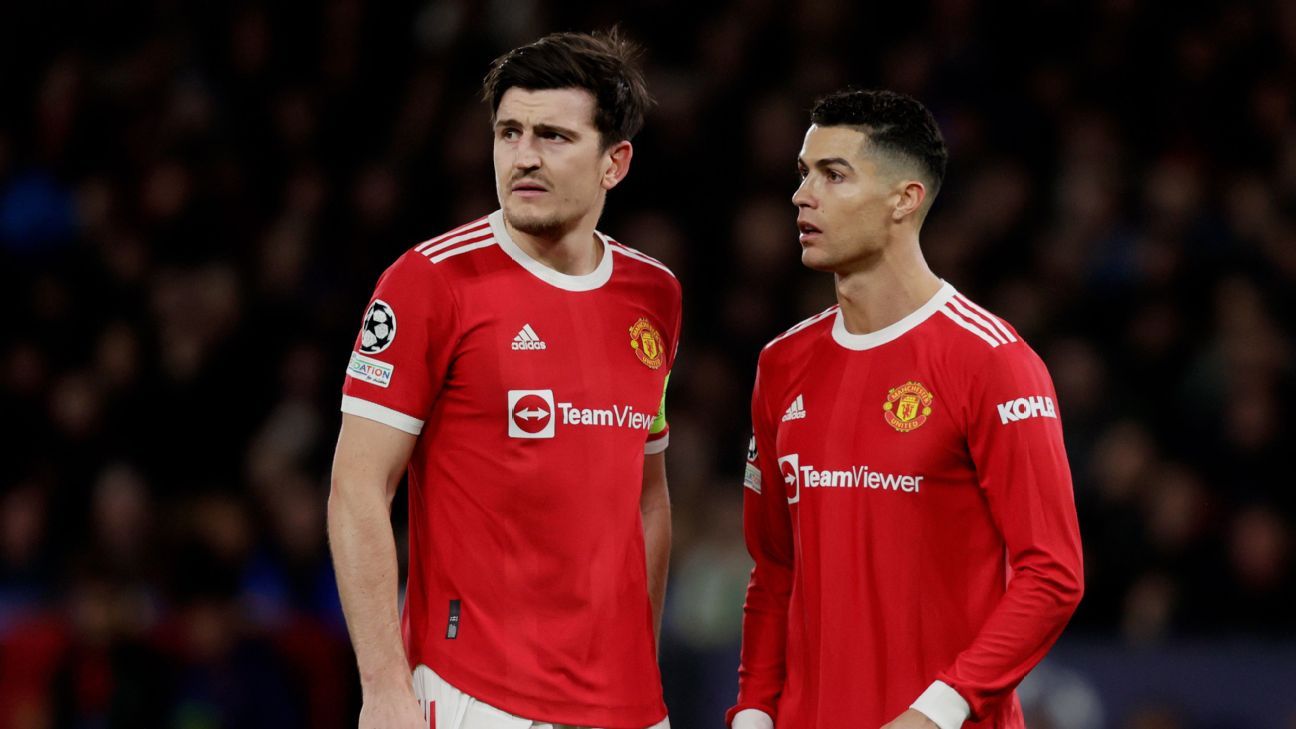
MANCHESTER, England -- You know the script by now. Manchester United play a big game, their star players fail to perform as they are out-fought and out-thought by their opponents and, as surely as night follows day, they lose. Atletico Madrid's 1-0 Champions League win at Old Trafford, which sent United out of the competition at the Round of 16 stage, was simply the same old story.
You'll know the damning statistics too. United have won just two Champions League knockout ties since 2011, and there has been no home win in the knockout rounds since 2014. Since that 3-0 win against Olympiakos under David Moyes eight years ago, they have scored just one goal at Old Trafford after emerging from the group stage.
This is the modern-day Manchester United: a European heavyweight that has been knocked to the canvas more times than they care to remember since Sir Alex Ferguson retired in 2013 and Renan Lodi's 41st minute goal on Tuesday was merely the latest hammer blow.
There are no surprises with United anymore, just brutal predictability. When the heat is on, they wilt and it will take more than a new manager and another so-called "cultural reset" this summer to slam on the brakes and point the club in the right direction. But how has it come to this? Over the last 10 years, United's gross transfer spend has been £1.4 billion, and only Chelsea and Manchester City have spent more. Those two clubs have won countless major trophies in return for their investment, but United's silverware drought is now five years and counting since winning the 2017 Europa League under Jose Mourinho.
Spending money is one thing, but making it pay a dividend is another matter entirely, and United's failure to do that was a central factor in their exit against Diego Simeone's Spanish champions on Tuesday.
Paul Pogba, United's £89.1 million midfielder, started the club's biggest game of the season on the bench because interim manager Ralf Rangnick can't trust the France international to be disciplined enough defensively to play in a two-man midfield.
And captain Harry Maguire, the world's most expensive defender at £85 million, was substituted to the cheers of the United fans in the closing stages because, despite the team chasing a late equaliser, Rangnick felt it was a safer bet to take him off and throw on midfielder Juan Mata.
Aaron Wan-Bissaka, a £50 million right-back, did not even get off the bench, but the former Crystal Palace defender has started just six times since Rangnick took charge last December because he is regarded as a liability when he has the ball at his feet.
And although Marcus Rashford cost United nothing, having been developed by the club's youth system, the 24-year-old has since become one of their biggest stars. Yet after a lengthy period out of form, he also started on the bench.
So in a game that was absolutely crucial to United's hopes of winning a trophy and qualifying for next season's Champions League -- a game when they needed all of their best players on the pitch -- Pogba, Rashford and Wan-Bissaka were named on the bench and Maguire not given the opportunity to lead his team's desperate search for a goal in the final stages.
When a manager is unable to rely on his biggest players in the biggest games, it is an indictment of the club's wastefulness in the transfer market and proof of their inability to make them perform or improve them on the training ground.
It would be harsh to pin the blame for that on Rangnick. The German coach has only been at United for three months, and he has at least coaxed the best out of winger Jadon Sancho and central midfielder Fred. Rangnick has also been rewarded for his faith in forward Anthony Elanga and he has been pragmatic enough to dispense with Wan-Bissaka in favour of Diogo Dalot.
But in the Champions League, against a team as experienced as Atletico Madrid, you simply need your best players to turn up. Yet Pogba, Rashford, Wan-Bissaka and Maguire have been letting United down long before Rangnick arrived.
Both Mourinho and Ole Gunnar Solskjaer struggled to get the best from Pogba -- Mourinho dropped him for a defeat against Sevilla at this stage four years ago because of his defensive shortcomings -- while the others are now paying the price for a lack of coaching and development during Solskjaer's three-year reign in charge.
So many players are in a malaise that is deep-rooted, but this is hardly breaking news. The same could have been said four years ago, or even further back during the unsuccessful spells of Moyes and Louis van Gaal.
Ultimately, United have become a club that drains the talent and personality out of their best players, and nothing will change until that changes.
Atletico were there for the taking, with Simeone's team some way short of the sides that reached the Champions League final in 2014 and 2016, but once they went ahead, their victory was never in doubt because United, once again, stuck to their miserable script.


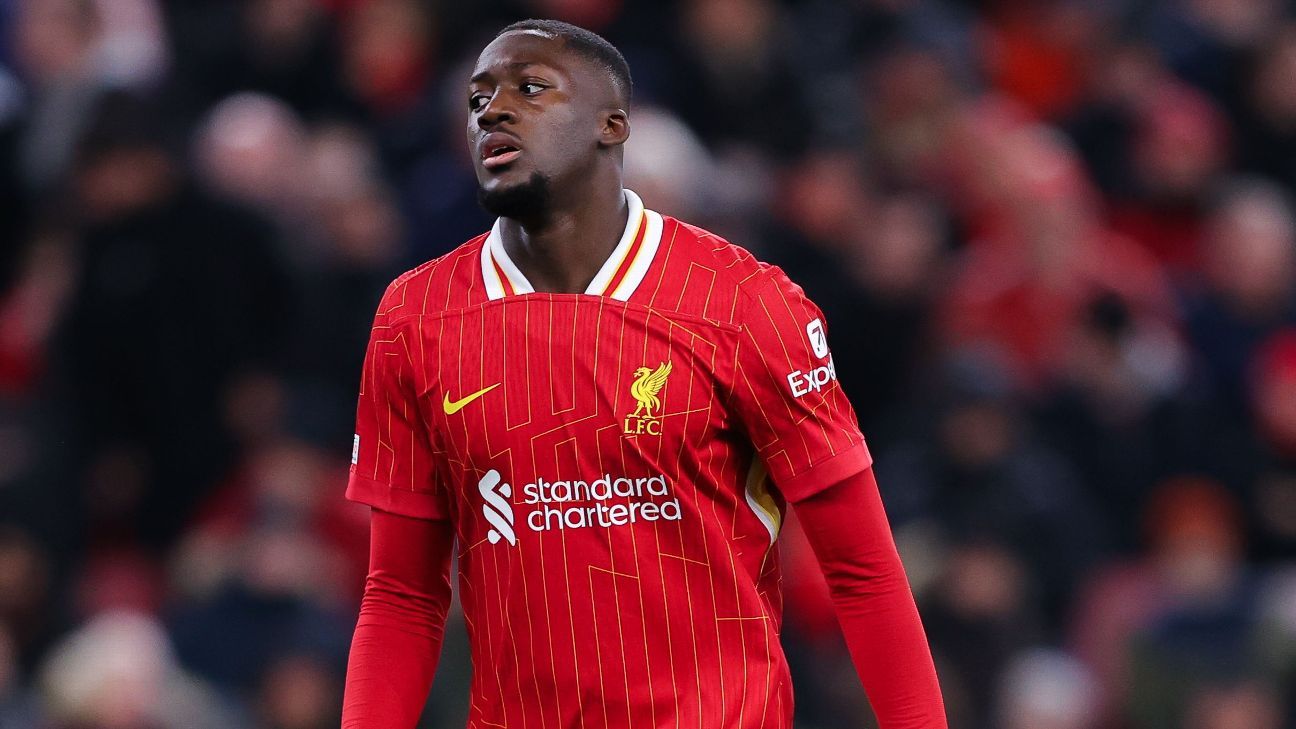
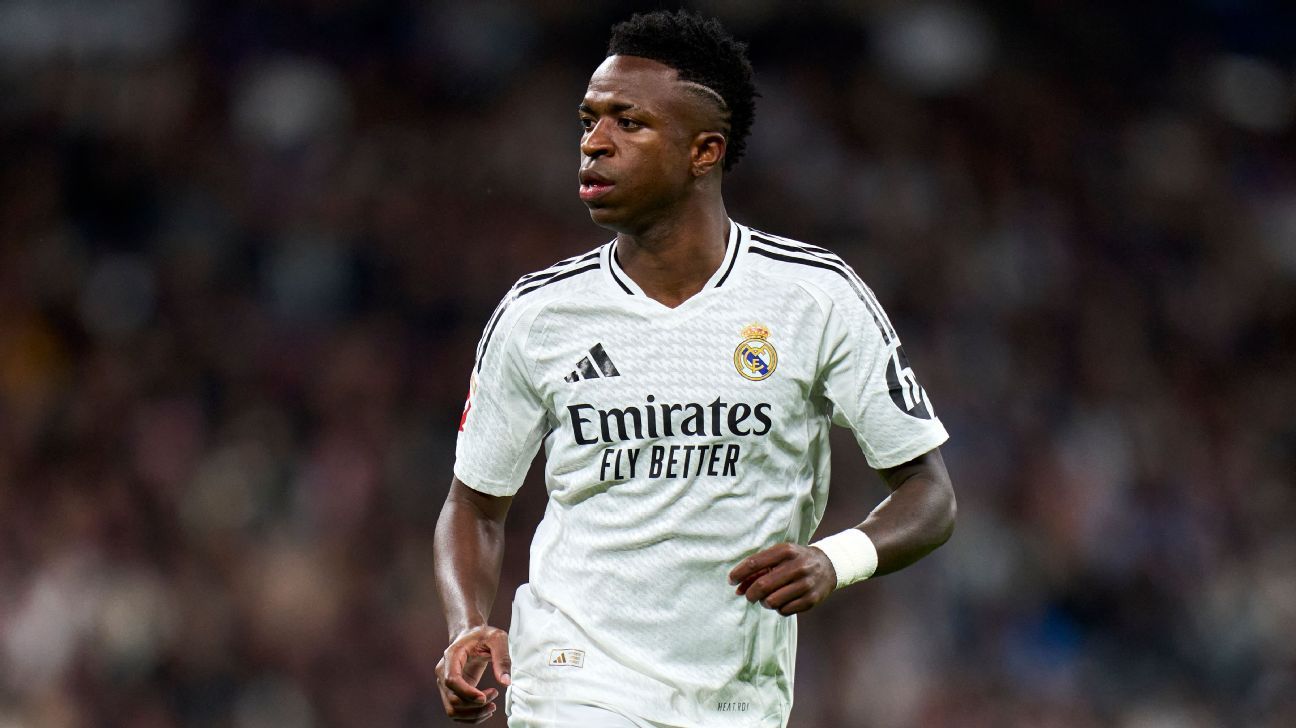
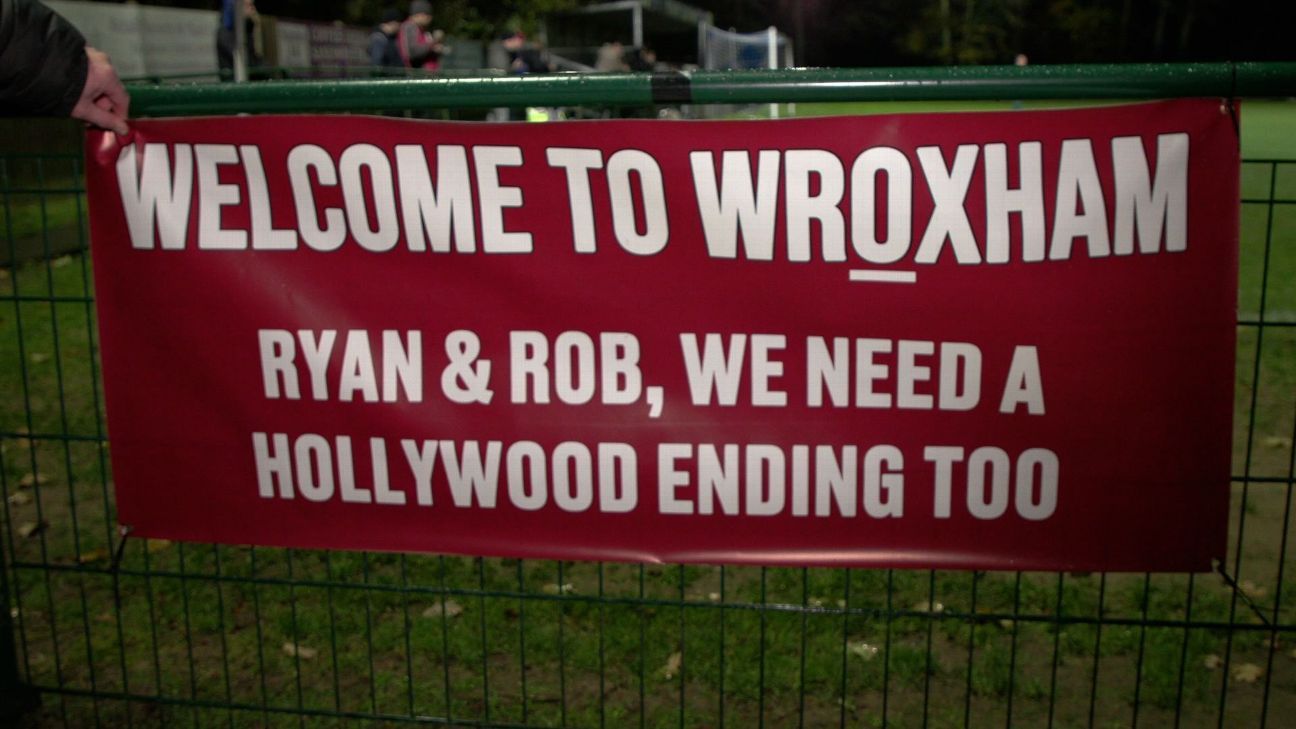






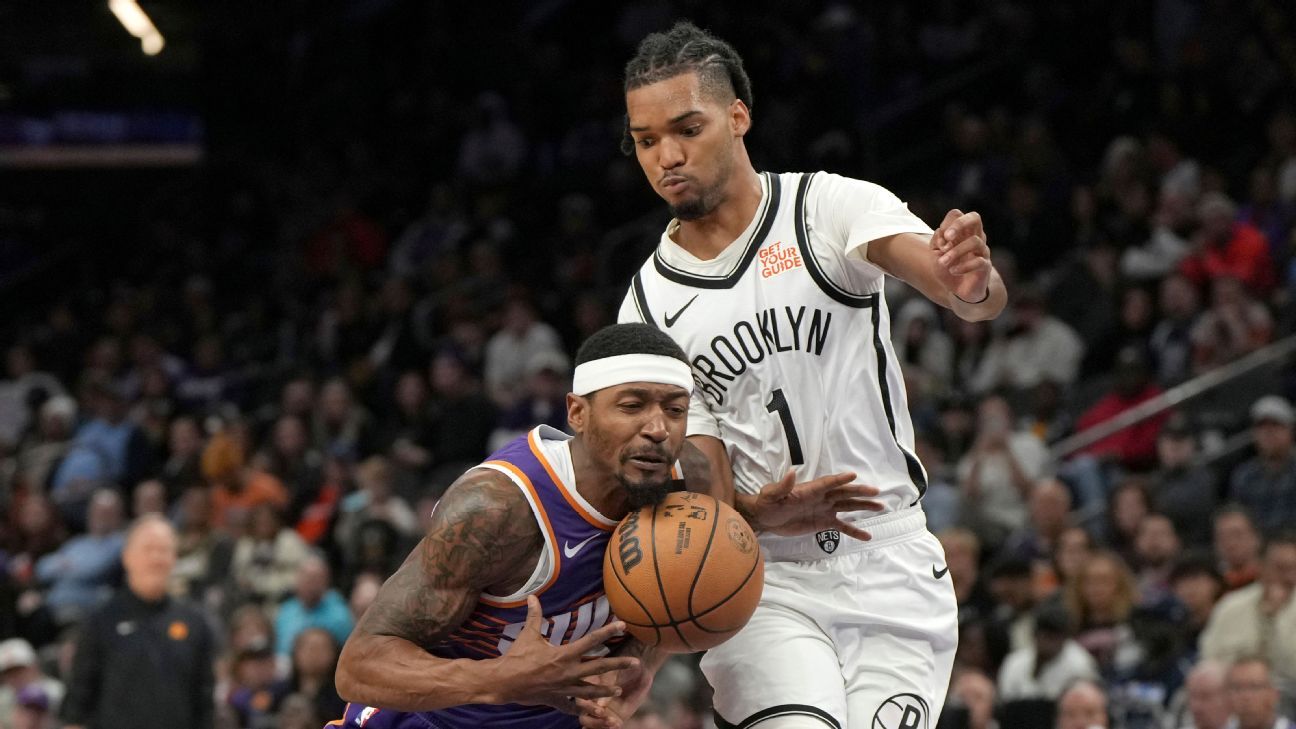
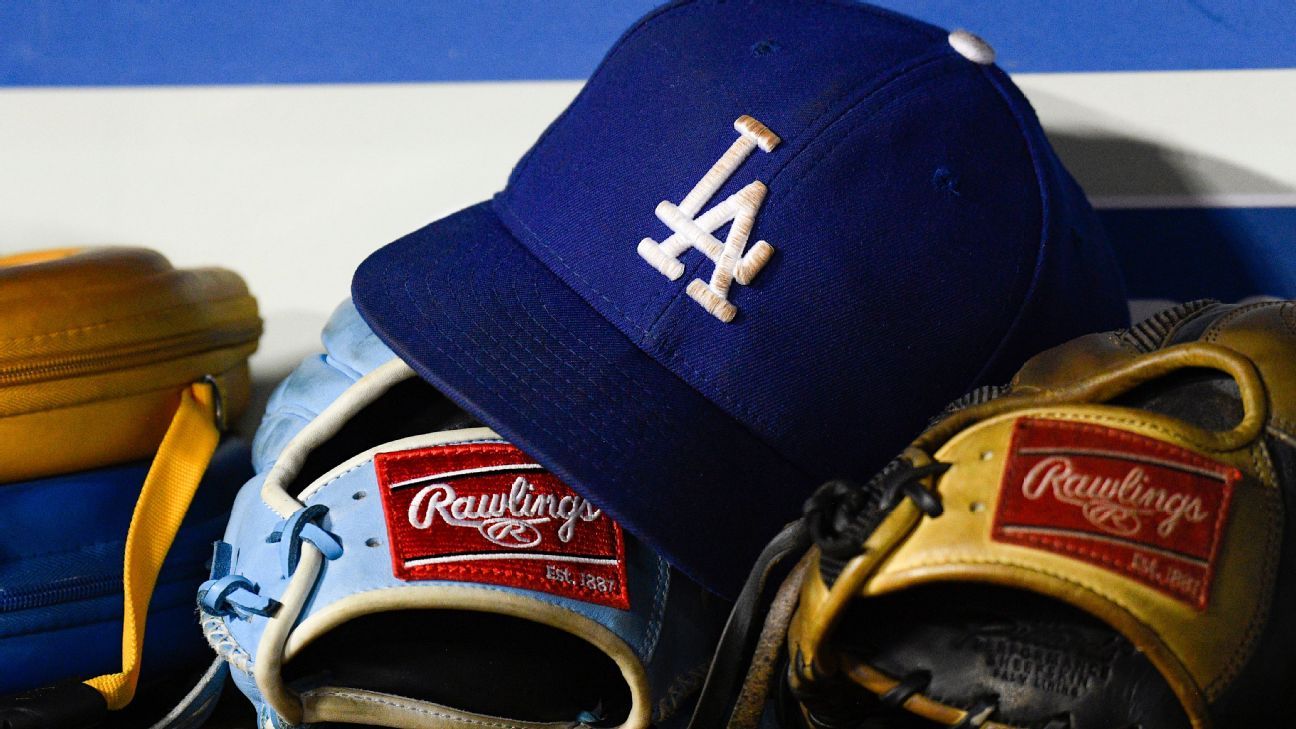
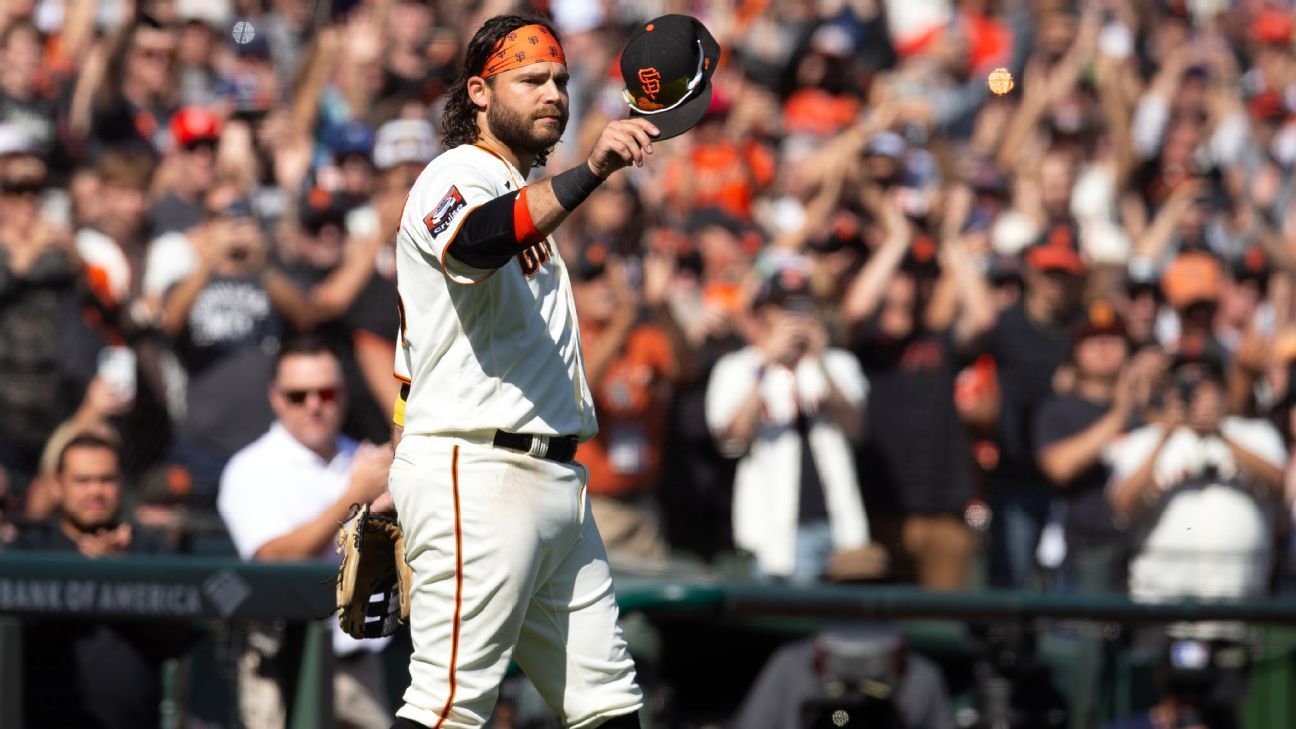

 Phone: (800) 737. 6040
Phone: (800) 737. 6040 Fax: (800) 825 5558
Fax: (800) 825 5558 Website:
Website:  Email:
Email: 






